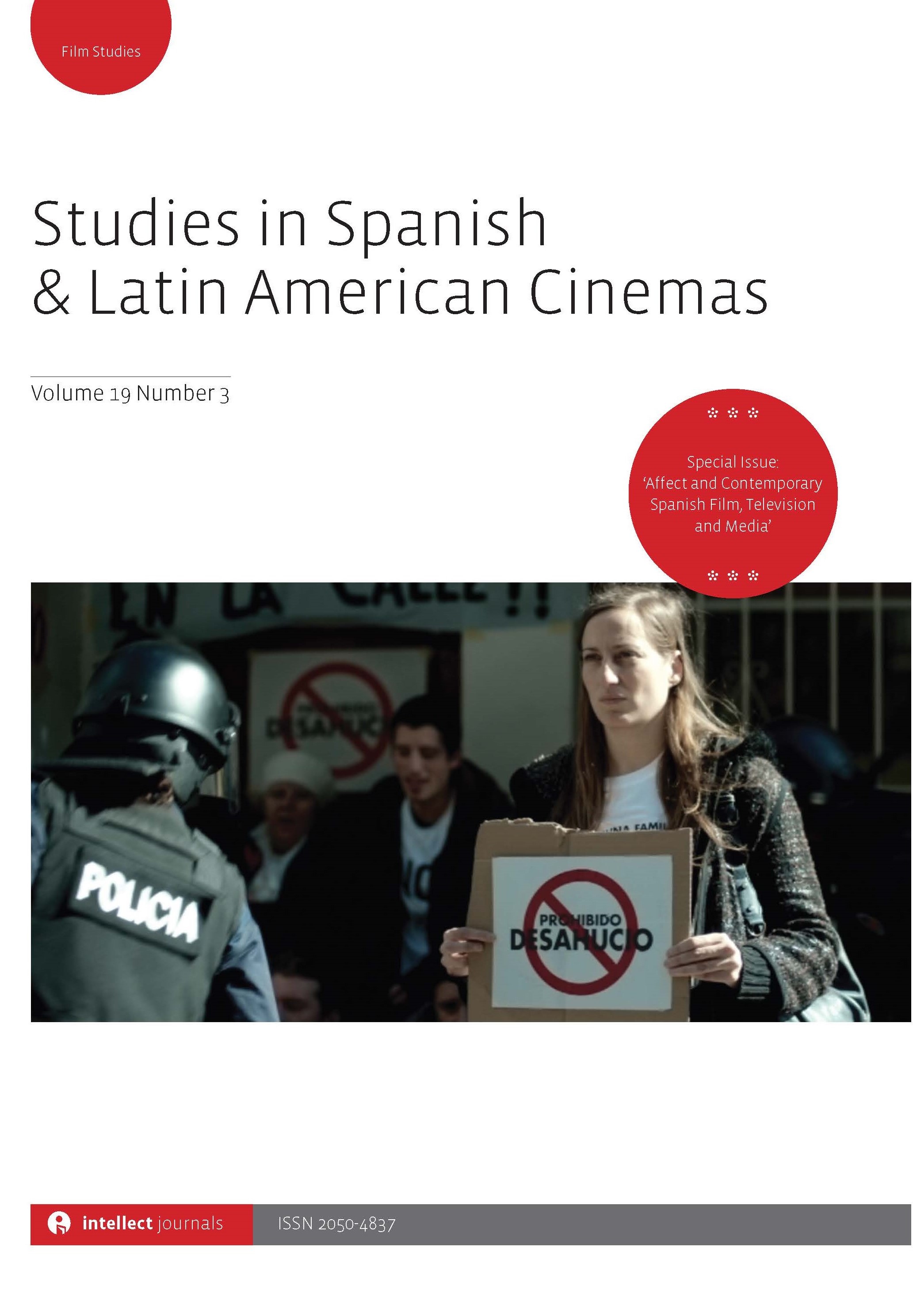
Full text loading...

In this article, I explore the use of cultural emotions in state-aligned post-ETA poetics by analysing the role that illness and disability play in post-ceasefire filmic – Fuego/Fire (Marías 2014) – and literary – Patria/Homeland (Aramburu 2016) – representations of the Basque national conflict. Recent critical discussions interpret disability in Spanish film and literature as harbingers of inclusivity and cultural pluralism (Fraser 2013; Marr 2013). However, if placed in the intensely polarized context for media and cultural representations of the Basque conflict in Spain, disability plays a less salutary role. Concretely, I argue that the possibility of post-ETA closure is often envisaged via the spectacularization (and thus the instrumentalization) of disabled and ill bodies, which are used to ‘mobilize affect’ towards a series of state-sanctioned positions with regard to victimhood, forgiveness and post-conflict reconciliation.

Article metrics loading...

Full text loading...
References


Publication Date:
https://doi.org/10.1386/slac_00097_1 Published content will be available immediately after check-out or when it is released in case of a pre-order. Please make sure to be logged in to see all available purchase options.